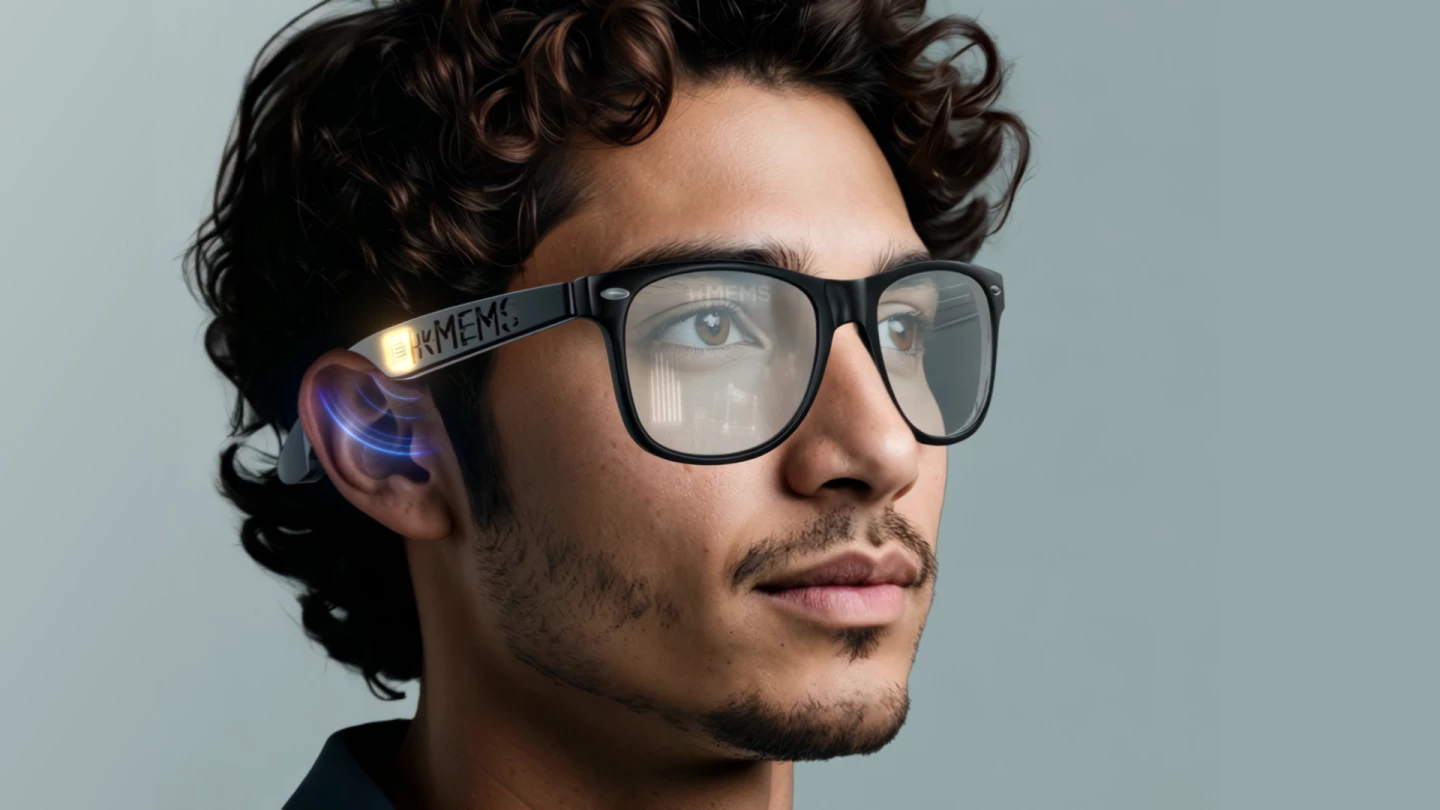Last year, California's xMEMS Labs took aim at legacy coil-based speaker technology and decided it was time for a tiny change. The first of its silicon-based solid-state micro-speakers subsequently found their way into wireless buds, and now the company has a new full-range flavor for open-fit earphones.
The Sycamore module works in a similar way to the xMEMS technology we saw last year, where thin-film piezo actuators excite a silicon membrane to produce sound waves.
But where the previous Cypress incarnation was designed for noise-canceling in-ears (such as Creative's Aurvana Ace 2), this latest development will see use in smart watches, augmented/virtual reality headsets and other wearables like open-fit earphones.
"With Sycamore, mobile electronics can now achieve thinner, more stylish form factors while maintaining big, rich sound," said the company's Mike Housholder. "With better performance at both the low and high ends, Sycamore delivers powerful, full-range audio for smart watches, smart glasses, and any other small, mobile form factor that engineers dream up."

The all-silicon, full-range, near-field micro-speaker measures just 8.41 x 9 x 1.13 mm and tips the scales at 150 mg. xMEMS reckons that makes it around a third of the thickness of a "conventional dynamic driver package" while also having one seventh of the surface area.
It's reported to require less back volume area than legacy 3-mm-thick dynamic drivers, while boasting a similar mid-bass performance with up to 11 dB of sub-bass headroom also available. The all-rounder is no slouch at the higher frequencies either, punching up to "15 dB above 5 kHz over legacy drivers."
That means potentially slimmer speaker-packing smart glasses or smartwatches, less bulky open earphone designs and more room to cram other tech inside smartphones. The micro-speakers could also see applications in such things are laptops, automotive sound systems and Bluetooth speakers. The Sycamore is IP58-rated for moisture resistance too, meaning that it can be used in wearables geared towards gym or training use.
xMEMS will start sending samples to device manufacturers from the first quarter of next year, ahead of the start of mass production in October 2025.
Source: xMEMS









